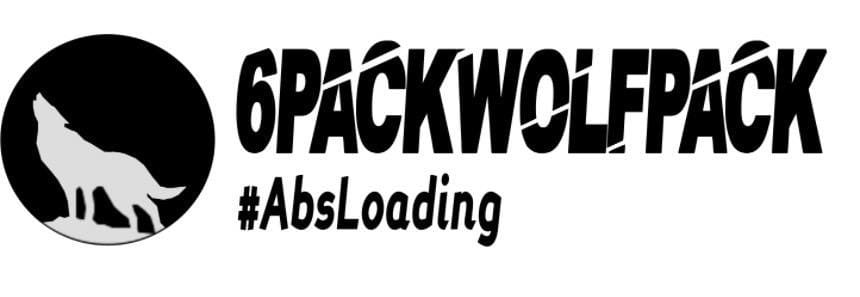Fat loss in bodybuilding transcends simple caloric reduction, demanding sophisticated approaches that preserve hard-earned muscle while systematically reducing body fat. Advanced bodybuilders understand that successful fat loss requires careful manipulation of multiple variables, creating a precise environment that promotes fat reduction while maintaining muscle tissue. This delicate balance separates successful transformations from those that result in unwanted muscle loss.
Nutrient partitioning becomes increasingly important during advanced fat loss phases. Strategic carbohydrate timing around training sessions helps maintain performance and muscle fullness while still promoting fat loss throughout the day. Many successful bodybuilders structure their meal timing to provide energy when needed most, often concentrating their carbohydrate intake in the pre and post-workout window while keeping other meals primarily protein and fat based.
Training intensity must actually increase during fat loss phases, contrary to what many might expect. Advanced bodybuilders often maintain or even increase their training weights while reducing body fat, understanding that heavy training provides the stimulus necessary to retain muscle mass. This approach signals to the body that muscle tissue remains essential, encouraging preferential fat loss while maintaining lean mass.
Cardiovascular training strategy evolves significantly at advanced levels of fat loss. Rather than simply performing hours of steady-state cardio, successful bodybuilders employ various intensities and methods throughout their week. Morning fasted walking serves as a foundation, while strategic high-intensity interval sessions provide metabolic advantages without risking muscle loss through excessive cortisol elevation.
Meal frequency manipulation plays a crucial role in advanced fat loss approaches. Some athletes find success with more frequent, smaller meals to maintain stable blood sugar and energy levels. Others discover that longer fasting windows enhance fat mobilization while still preserving muscle through strategic feeding times. The key lies in finding the approach that best supports adherence and energy levels while promoting consistent fat loss.
Sleep optimization becomes absolutely crucial during aggressive fat loss phases. Reduced calories can negatively impact sleep quality, creating a vicious cycle that hinders fat loss and threatens muscle preservation. Successful bodybuilders often implement strict sleep hygiene practices, understanding that poor sleep increases cortisol levels and reduces insulin sensitivity, making fat loss more challenging and muscle loss more likely.
Supplementation strategy requires careful adjustment during advanced fat loss phases. While maintaining core supplements for health and muscle preservation, many bodybuilders strategically add compounds that support fat metabolism and muscle retention. Timing these supplements around training sessions and meal times maximizes their effectiveness while supporting overall fat loss goals.
Water manipulation throughout the day supports optimal fat loss while maintaining training performance. Many advanced bodybuilders increase their water intake significantly during fat loss phases, understanding that proper hydration supports metabolic function and helps manage hunger. Strategic drinking patterns around training sessions help maintain performance while managing water retention.
Stress management becomes increasingly important as body fat levels decrease. Lower body fat typically corresponds with increased cortisol sensitivity, making stress management crucial for continued progress. Successful bodybuilders implement various stress reduction techniques, understanding that elevated cortisol levels can significantly impact both fat loss and muscle retention.
Refeed days require precise planning and implementation in advanced fat loss approaches. Rather than random high-calorie days, successful bodybuilders carefully structure their refeeds to replenish muscle glycogen and support hormone levels while avoiding unnecessary fat regain. The frequency and size of these refeeds typically adjust based on body fat levels and individual response.
Training volume often requires adjustment during advanced fat loss phases. While intensity remains high, many successful bodybuilders strategically reduce their total volume to manage recovery demands. This approach maintains the stimulus necessary for muscle preservation while acknowledging the reduced recovery capabilities that come with caloric restriction.
Movement throughout the day takes on increased importance during advanced fat loss phases. Many successful bodybuilders increase their non-exercise activity thermogenesis through simple strategies like taking stairs, parking farther away, and incorporating more standing time into their daily routines. This approach increases caloric expenditure without adding recovery demands.
Mental preparation proves crucial for successful advanced fat loss. Understanding that energy levels will fluctuate and hunger will increase helps bodybuilders maintain their approach despite temporary discomfort. Many successful athletes develop specific strategies for managing hunger and energy dips, allowing them to maintain their program through challenging periods.
Progress tracking becomes increasingly sophisticated during advanced fat loss phases. Beyond simple scale weight, successful bodybuilders monitor various metrics including measurements, progress photos, strength levels, and energy markers. This comprehensive approach provides better insight into true progress while helping maintain motivation during plateaus.


